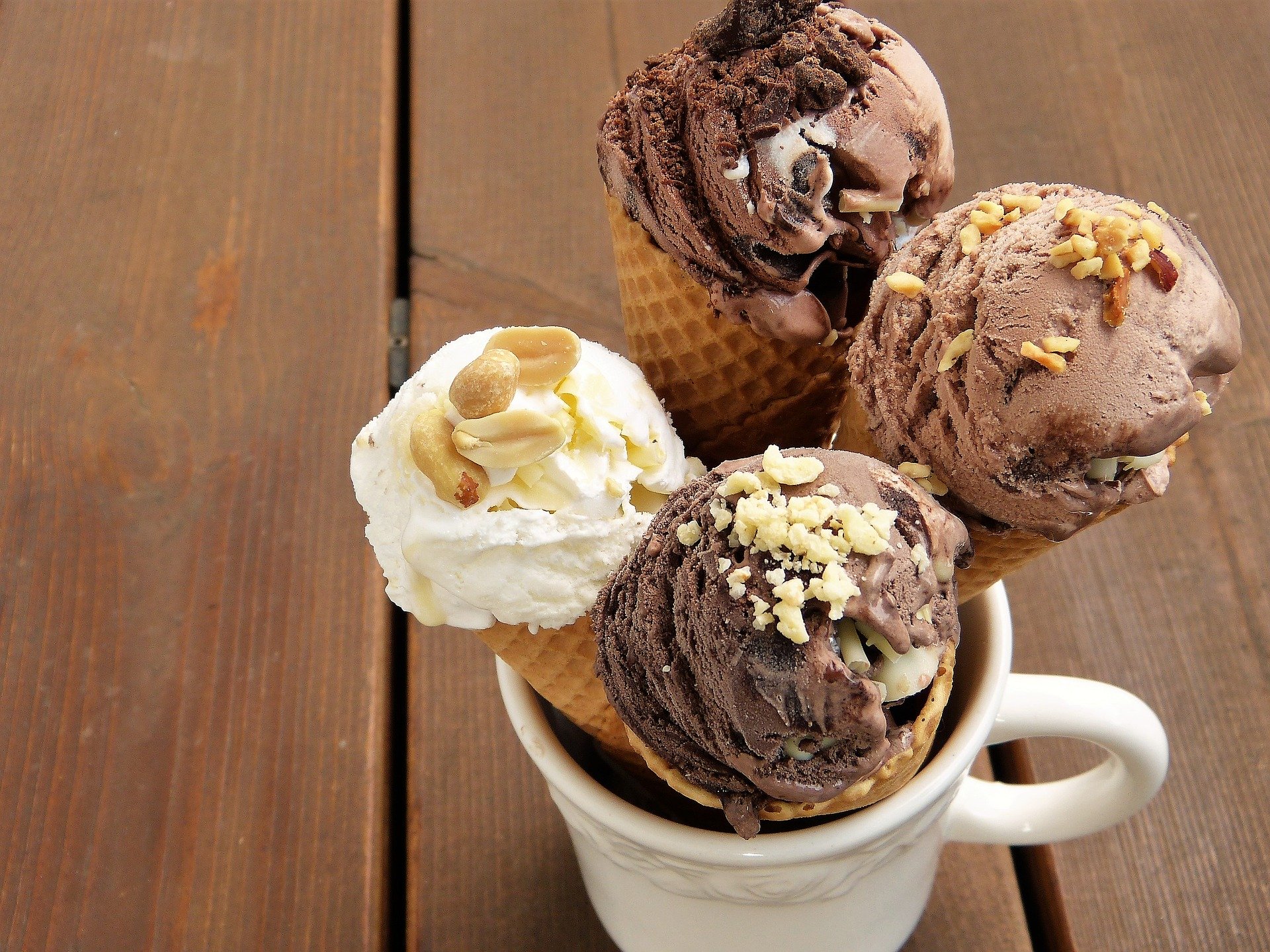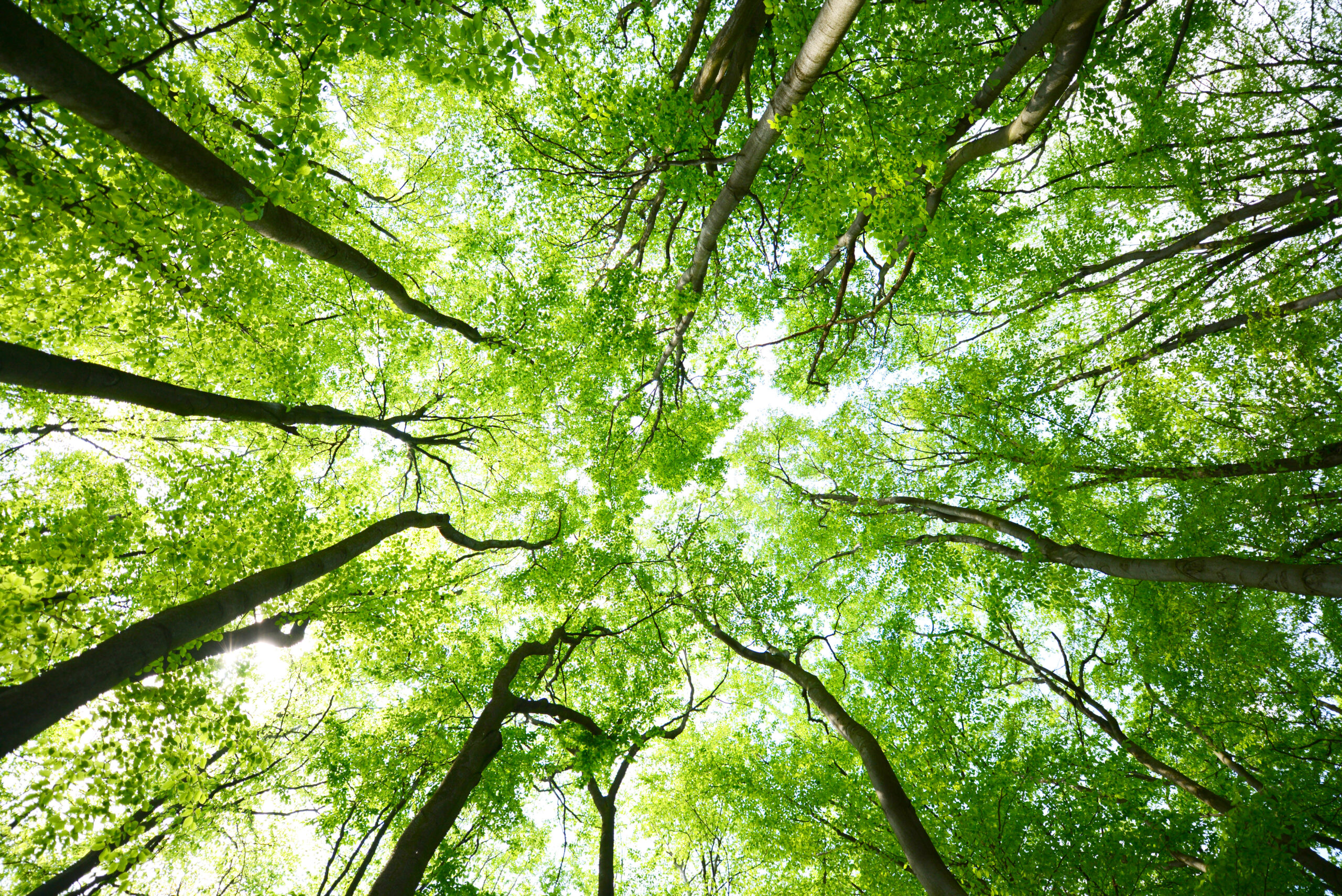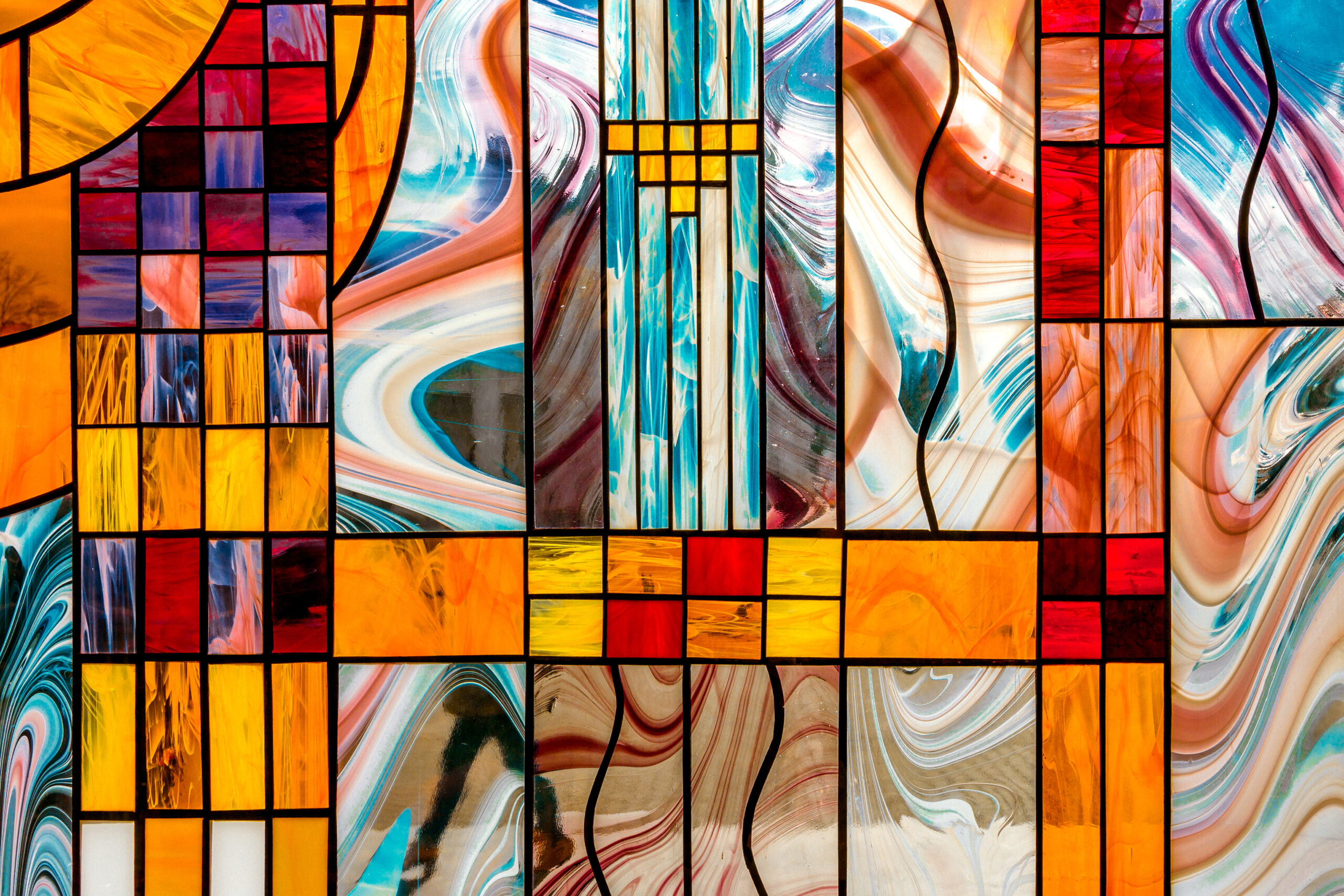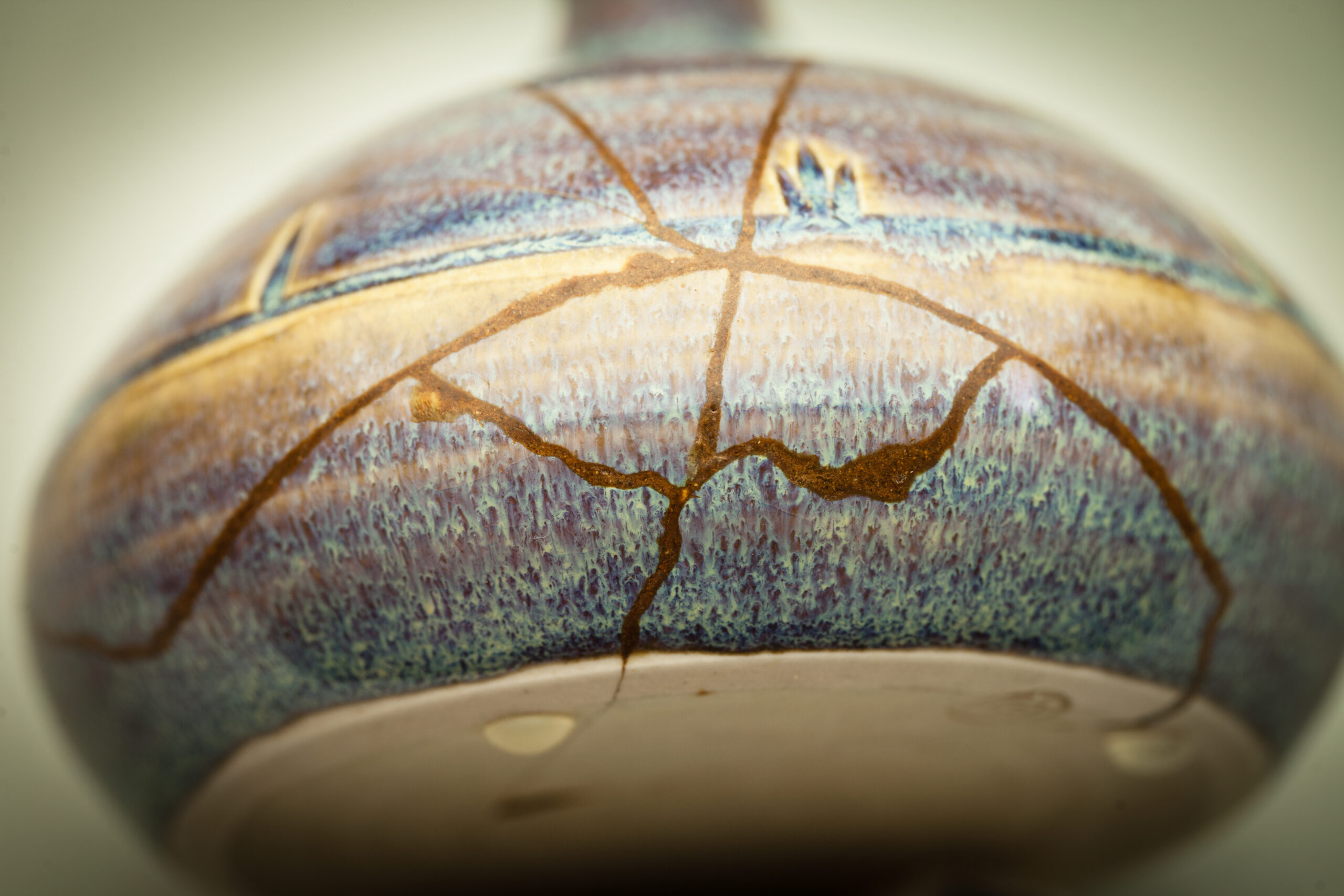Katie Steedly’s first-person piece [The Unspeakable Gift] is a riveting retelling of her participation in a National Institutes of Health study that aided her quest to come to grips with her life of living with a rare genetic disorder. Her writing is superb.
In recognition of receiving the Dateline Award for the Washingtonian Magazine essay, The Unspeakable Gift.
Enter your email here to receive Weekly Wide-Awake
Stories Like Ice Cream: A Gratitude Conversation with Dr. Debora Wisneski

KSC: You were talking about gratitude and your gratitude practice.
DW: Well, I am not sure I practice. It is always a part of my day. I say I don’t do it very well. In a sense, yes- I have kept a gratitude journal before, and then I let that go. Sometimes I find that it is more in those times when I pick up very deliberate practice like that. It is generally because I have been pretty low, and I know that is one way of getting out. I have little ways sprinkled throughout my days. Probably my favorite part, though, is when I volunteer at my church on Wednesdays. I teach second graders.
KSC: After school?
DW: Yes. Like Sunday school except it is Wednesday. We start with prayer circle and, of course, we say the traditional Catholic prayers, like the Our Father and Hail Mary. But then the kids-we go around the circle and say what we are thankful for. When they are finished I always find myself wanting to be thankful for them. For just listening to their gratitude — because second graders are grateful for so much that I think adults overlook. Like they are grateful for kittens and baby sisters and cookies. They say “I am grateful that my grandpa did not die from cancer this week,” and it weighs on your heart. So I am grateful for them.
This process of thinking about gratitude that you have rekindled in me — I realize I always come back to my relationships, my friendships, my marriage, my husband, and those who are close to me. I realize I am most grateful, not for anything specific that they have done for me, although that list could go on forever, but it is probably recognizing these are the people who have seen me at my worst and still seem to care about me anyway. That undeserving acceptance. Feeling that undeserving acceptance or love.
KSC: How would you describe that feeling?
DW: Overwhelming and uncomfortable, to be quite honest, because it is a vulnerable place. That depth of gratitude brings me to the only understanding I have of a concept that is part of my religious upbringing which is of grace. Which often seems very untouchable or unknowable. Very mysterious. It is that idea of that gift, that blessing. That there was nothing we did to deserve it but it is there. It is always there, but so much of the outside world, and my inner world sometimes, sends the message that we are not deserving of that.
KSC: Original blessing versus original sin.
DW: I wonder what gratitude has to do with it all. Grace and gratitude. That connection. To assume that there must be a practice of gratitude somewhat implies that you have to work at it. That maybe for some people it comes more naturally, and for many it does not. I don’t think we live in a culture that highlights or uplifts gratitude, rather it is the opposite. What aren’t I getting? What needs aren’t being met of mine? Or wants? I am always getting bad things happening to me all the time. It is easy to look at what is wrong rather than what is right. Also, to practice gratitude you have to be open to the fact that there are good things there that are for your happiness. For your pleasure. Which is also again accepting of the blessing that you are worthy of that, and then that is transformative. I don’t think it is also a surprise that in many of the self-help books and blogs that I have read around dealing with depression and anxiety, having a gratitude practice is sometimes one of the first recommendations because to do that you have to acknowledge the goodness of you. Not just the goodness of the world.
KSC: How did you learn that?
DW: I still think I am learning it.
KSC: How did you come to understand grace and gratitude and the value of those ideas?
DW: It has been very recent. I think it came […] recently after my surgery this summer. When I spent a good three months, starting in the spring, in total chronic pain in work, and family, and everything you have to do to get through the day. You know the wheels fall off. Always putting a lot of pressure on myself. Having that ‘get it done’ kind of attitude. That you can do this. The kids need you. Your husband needs you. Work needs you. Your students need you. The church needs you. Your girlfriends need you. So, my body gave out, and also even some of my cognitive functioning there for a while. I dropped the ball on things. I just wasn’t the best and realized I had not been for a long time. It had all been building up. The physical — it just manifests. The manifestation of doing too much too fast, and I wouldn’t say without intention, but just too much, too fast. And being in that weakened state and coming out of it, I took stock and looked around. I know I let some people down, but there were so many who were so accepting of that. Then it was a realization that I was not accepting of that of myself. The grace given by others makes you aware of the grace given by yourself. Practicing gratitude and being mindful and being grateful took me to a place of better self-acceptance, or at least self-compassion, rather.
KSC: Can we learn to be grateful? Can we build up gratitude muscles?
DW: Yes. I think so. Like any other habit, being around others who are that way too, is another way.
KSC: What are your thoughts on connecting security with gratitude?
DW: I had not thought of that before. I could see how one could see it that way. Because, right now the emotional and political climate, a lot of it was around fear. When you are afraid you are focusing on the ‘lack of’ rather than ‘presence of.’ On the other hand, I don’t know if we need that security. Sometimes, being grateful allows you — I would argue though — that practicing gratitude allows you to find that space and security that you thought was not there, though safety and security is always an illusion. It really is. I don’t think there needs to be a precursor; it makes it easier for some, I know so many people in my life with so little security or safety and still they were more grateful than those who materially had more.
KSC: Is there a relationship between gratitude and creativity
DW: I wonder if gratitude is an act of creativity? You are creating a moment or just a perception of awareness and transforming that awareness into a very good feeling. I can see a flower. I can create a feeling of appreciation for it and recognize its beauty. Gratitude, in essence, is a form of meaning making. I am putting meaning on this and I am choosing to put a positive meaning on this.
KSC: In terms of meaning making and naming and claiming, how do we do that? How do we live that?
DW: Listing and labeling is one phase of it. We can’t make meaning as we are living life. It is a form of ritual. We have to reflect later. So, part of that then becomes reflection. Distance sometimes helps, especially with very difficult times. In the moment, it might not feel like you are grateful for the bad things. But in retrospect, maybe you can see where there was some good in it, but that takes time.
I also think there is another step of meaning making which comes back to praxis, or action of love. If I am grateful for that flower that is outside my window, that could lead to the potential to later care for that flower. I am grateful for clean drinking water and that would be one of the reasons I support many of the protests against pipelines, or why I support my local conservationists. I think that gratitude can lead to action and [to] build[ing] on good things.
Coming from a place of having enough of abundance. We have clean drinking water. I have beautiful flowers outside my window. Abundance not lack. Hope not fear. If I am grateful for my kids than I am not going to ignore them when they walk through the door when they come home from school. I am grateful for the person at work who questions me, and always pushes me to think, and makes it hard for me. If I am grateful for that then maybe we will work together and solve problems and grow. There is potential for grace, I suppose.
KSC: When you live a grateful life what happens? What are some effects of a grateful life?
DW: One of the recommendations for depression and anxiety is to practice gratitude. They are assuming there is an outcome that you won’t be so depressed. I think there is more to it besides just making us feel good. I think there is more to gratitude than that for sure, one thing leads to the other.
KSC: Have you seen some effects of gratitude in your world?
DW: Gratitude is connected with relationships, and this probably happens with many daughters who may have struggled with their relationship with their mother younger in life, but when you have a bit of wisdom and you see your mother in a different light. Later on in life, for myself, I became grateful for what my mother did give to me, and what type of model she was, and also her struggles are a gift as well. Once I became grateful for that, rather than just flaws or pain, our relationship changed. Not overnight, but it did absolutely. I am sure it is because when we get together, and when we talk now, hopefully she feels more appreciated and accepted. So that might be one example where I can see it transforming. I am making that interpretation, but I am trying to think of different people throughout my life, especially those who materially did not have much but were always so grateful for smaller things.
KSC: Is there a connection between gratitude and service?
DW: I think that is what I was describing in gratitude and praxis. Gratitude leading to action and service being one of those ways or reactions to gratitude. I keep thinking it always seems to lead me back to connection with others, and with the earth. Gratitude just sometimes begins with starting with the little things, but the simple things are so big. You want to serve that which sustains you.
KSC: Can you point to a time when you learned that?
DW: I think it again it is recent, and only in retrospect. At the time I could not say this is what I am looking at. This is the connection I will make today, or someday. It is all cyclical, too. Which comes first? I describe it first as feeling gratitude and then being moved to service, but as a young child we did a lot of service. My parents did a lot of volunteering, and you can imagine: you are in junior high and maybe you don’t feel like going to the nursing home with the retired folks. They are sick and feeble, and you might not have always wanted to do that, but the act of doing it did lead to a sense of gratitude because so many times in visiting with them they gave as much as we did.… The life you save may be your own.
KSC: Tell me more about that.
DW: I think we sometimes think that in service, and in being grateful, and in hoping to do good for the world that is not always a guarantee. I do believe that the road to hell is paved with good intentions, but this idea of going out and helping others and saving the world, especially in education when we find many who think they are there to save children’s lives. That’s coming from a place of fear and of want, and I think it is not helpful for many. It is not life affirming. When going with gratitude and with reciprocity, and being grateful for the other person, the only life you may end up saving is your own, which is not a bad thing, by the way.
KSC: Is there a connection between play and gratitude?
DW: The practice of gratitude is a form of play, for me. I think there are many connections. There is a playfulness to gratitude, and the creativity aspect that we covered. It is the action part of it too, where the gratitude can lead to action. Not only is gratitude playful, but I think it can lead to a lightheartedness and the desire to connect; that is what play is. Social play is the desire to connect with others in a way that is very intimate. I cannot tell you how many times I worked with undergraduate students and teachers who, in essence, through my classes, have become a little play group of our own. Many reluctantly, too, because they are expecting a traditional college course, and then we have to play together. At the end of the semester, it never fails that there is this nice warm bond we have felt, and a gratitude for one another, and appreciation, and being grateful for the time we did spend with each other. All play is not fun and games, and good comes from us playing together and getting into some hard situations as well.
KSC: If play is about connection, and gratitude is the result of connection, then do you think that the crux of the relationship between play and gratitude is connecting with people?
DW: At least what I value. What my experience has been with play and with gratitude has always, like I said, brought me back to myself and brought me back to others. It is such a process. It is never a direct line or finishes within the time of a sitcom.
KSC: Another nexus between play and gratitude is that both play and gratitude require vulnerability, and that is hard. What popped into my head when you said vulnerability is self-acceptance. That worthiness. I am worthy to be able to play. If think I am crap why would someone want to be in relationship with me? Kids experience that. Teenagers experience that. Adults experience that. There is no difference. Gratitude is part of our human DNA, of the DNA of the human experience.
KSC: What is the connection between gratitude and story?
DW: I have often told my play class that story is my favorite medium. In essence, when we are practicing, whether it is a gratitude journal or reflection of some sort about gratitude, we are telling ourselves a story. It is the story of your life. You are shaping your life, and so there is that aspect of story tying into gratitude; but me, I think of stories in general. I think the process of telling them, as well as just written stories and people sharing their truth. Whether it is fictional or not, it [story], has been such a lifeline in my life, throughout my life, there is something I am so grateful for — it is on my list. Our stories are a gift to one another. Not all stories are appreciated though, as gifts. The worst thing you can do is tell someone their story doesn’t matter, or that it is not real. Well, it might be very real to them. Any time someone shares a story with me, I am so grateful for that. Anytime someone would want to listen to one of my stories, that is just the biggest gift, because it is an acknowledgement that I exist. We matter.
KSC: What comes to mind when you say that is the notion of ‘namaste.’ The light in me beholds and honors the light in you.
DW: It is namaste. Namastory. Maybe that is the whole point of gratitude. Gratitude is a flavor of mindfulness. I can consume stories like chocolate ice cream. I can appreciate it but not in a very grateful way. In a hoarding kind of way, and that is not the same thing. There is a bit of savoring in the process of gratefulness or gratitude.
About Katie

From Louisville. Live in Atlanta. Curious by nature. Researcher by education. Writer by practice. Grateful heart by desire.
Buy the Book!
The Stage Is On Fire, a memoir about hope and change, reasons for voyaging, and dreams burning down can be purchased on Amazon.





